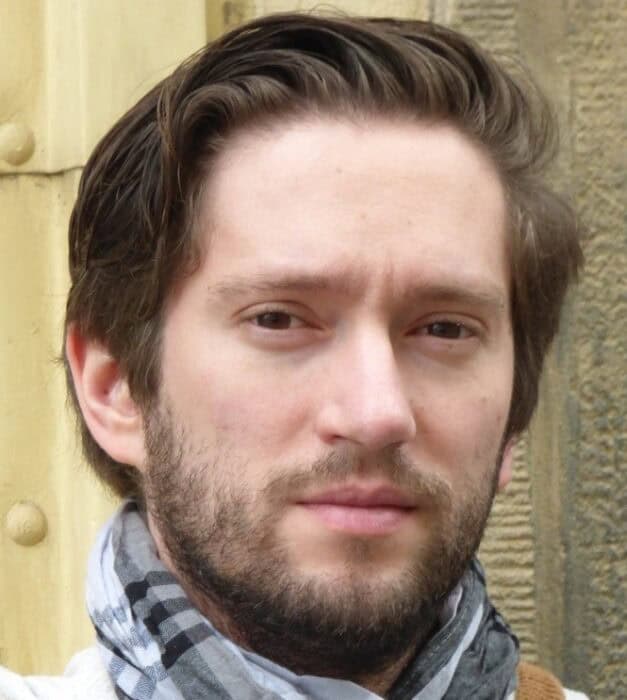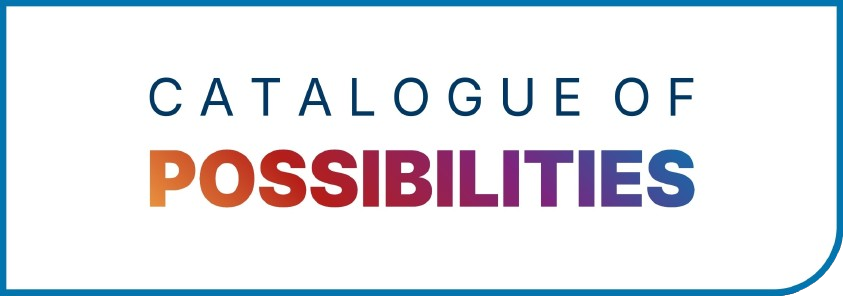Dr Mathieu Chollet he/him

Senior Lecturer
Strategic Research Areas
My research passion centres on developing socially intelligent AI systems that can understand, interpret, and generate human social behaviours to enhance human well-being, with applications in training, healthcare, and entertainment. As founder of the Social AI Group at the University of Glasgow, I lead a diverse team of researchers and students working at the intersection of affective computing, social signal processing, virtual humans, and human-computer interaction. Our group’s core mission is building next-generation AI technologies that can detect and respond to human social and emotional phenomena, creating more empathetic and socially aware artificial agents.
My interdisciplinary approach combines computer science with psychology, neuroscience, and human factors engineering. I am interested in developing user-centred innovative computer interfaces for social skills training, creating believable virtual humans and social robots, and analysing group interactions in both virtual and real-world settings. My recent work spans designing harassment safety tools for social Virtual Reality to developing machine learning systems that detect anxiety and stress from physiological signals during public speaking. I’m particularly excited about forming collaborations with colleagues in psychology, healthcare, and education to explore how social AI can support novel applications such as Virtual Reality-based mental health interventions, novel video games adaptative to cognitive and emotional states of players, and many more interdisciplinary topics.
I envision supervising DiveIn CDT projects that tackle real-world social challenges through technology. As a supervisor, I believe in fostering interdisciplinary creativity, encouraging students to pursue ambitious interdisciplinary questions that bridge a technical innovation on a clear societal issue.
I am committed to equity, diversity, and inclusion is fundamental to how I build and lead research teams. I actively promote inclusive research practices and a positive research culture, ensuring student perspectives are heard as equals, successes are celebrated and failures are discussed openly as paving the road to future success. Having worked across multiple countries and cultures (France, England, Scotland, USA, Japan) and with students of many countries (France, Algeria, China, USA, Saudi Arabia, United Kingdom, Russia), I understand how cultural and socio-economic origins influence experiences in research but are also a great source of creativity.
On a personal note, my interdisciplinary research journey started with developing automated tools for film editing and cinematography, evolved in developing social AI-enabled virtual characters for job interview and public speaking training, and currently safety tools to prevent harassment and bullying in social Virtual Reality and novel methods to reflect on group behaviour: I believe this diversity in topics reflects reflects my belief in connecting technological approaches to genuine and complex human social situations. I find great pleasure in leveraging my computer science expertise to create systems modelling complex social phenomena.

